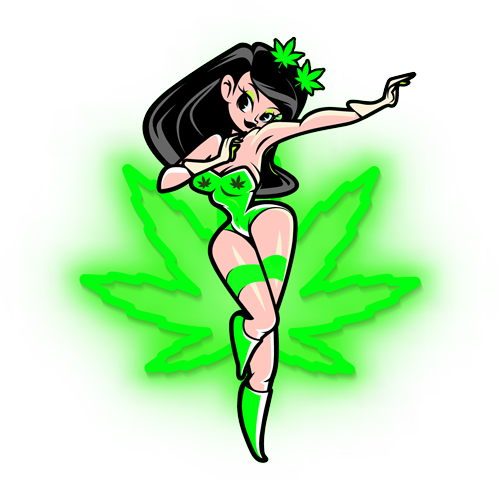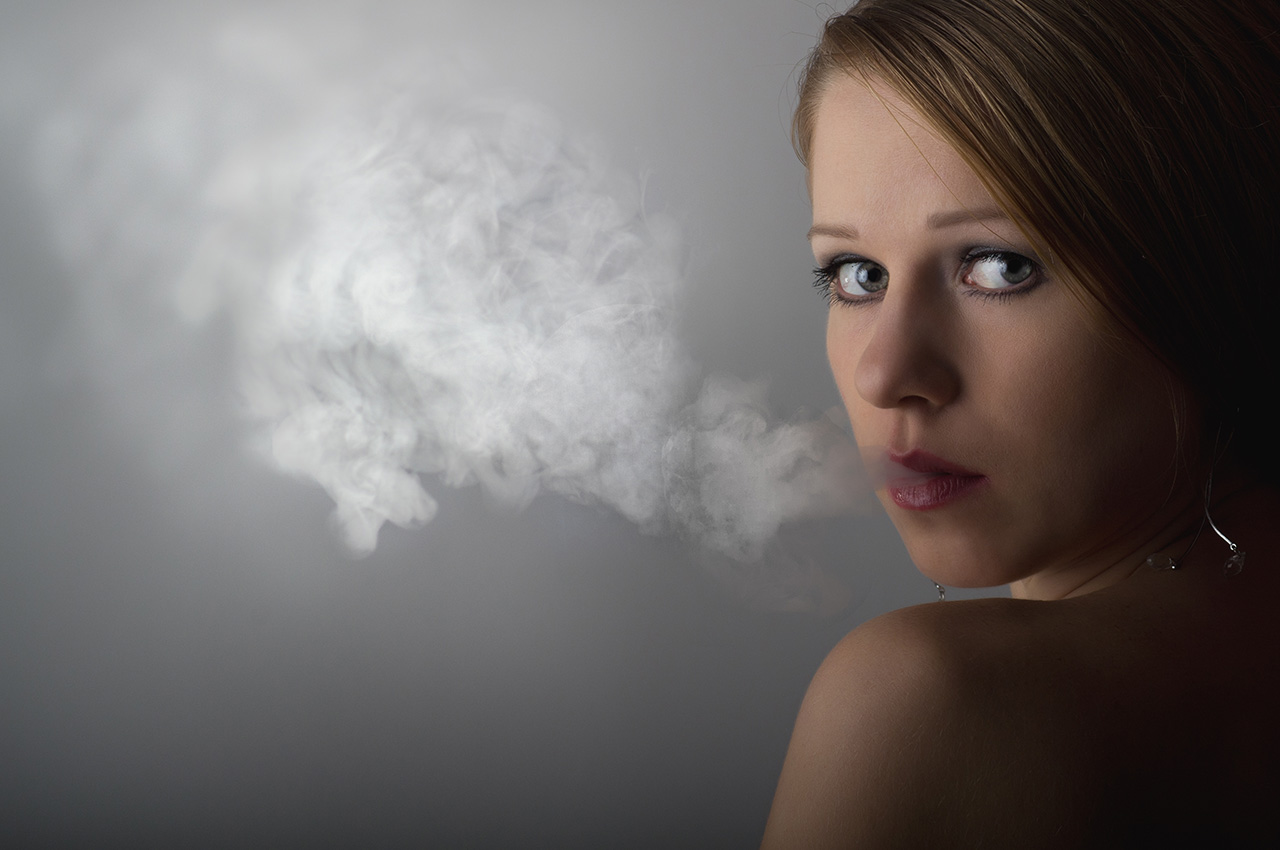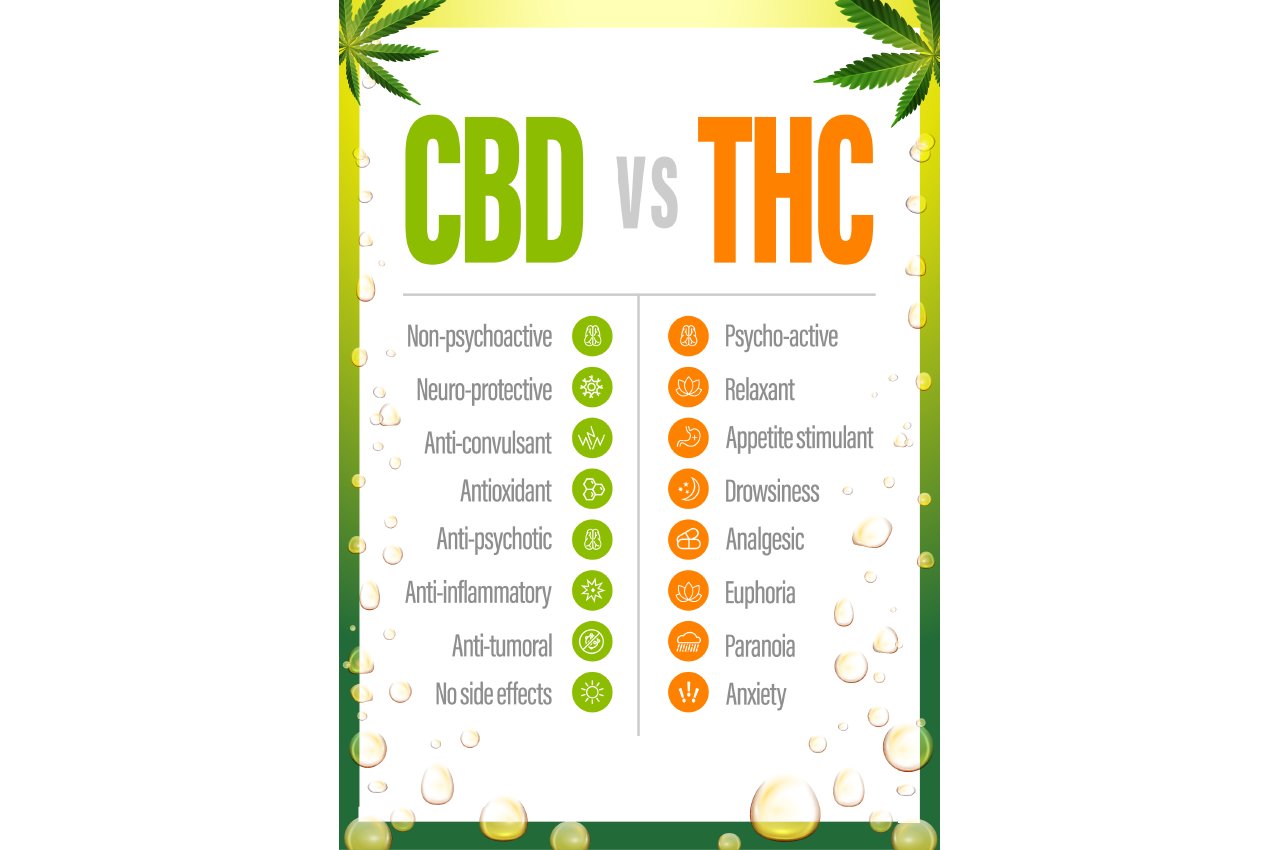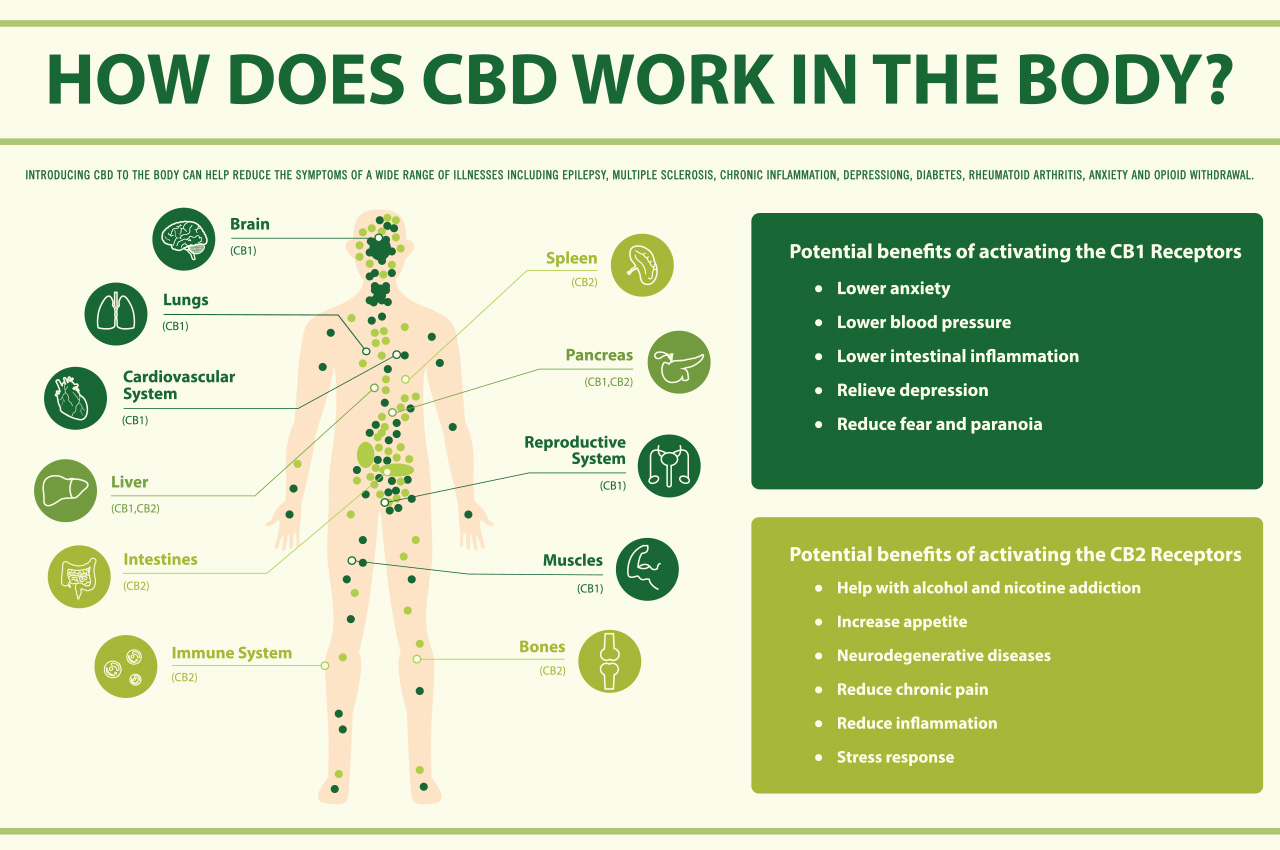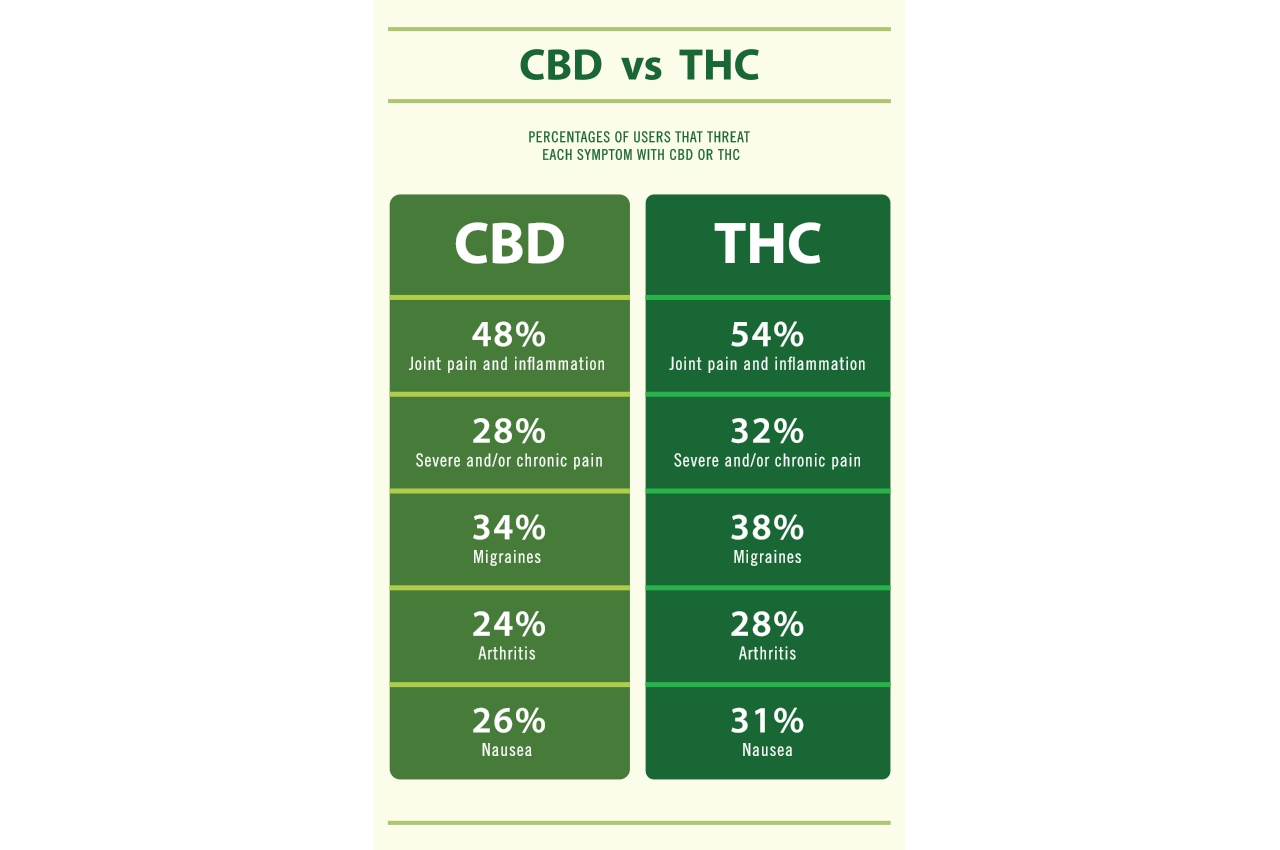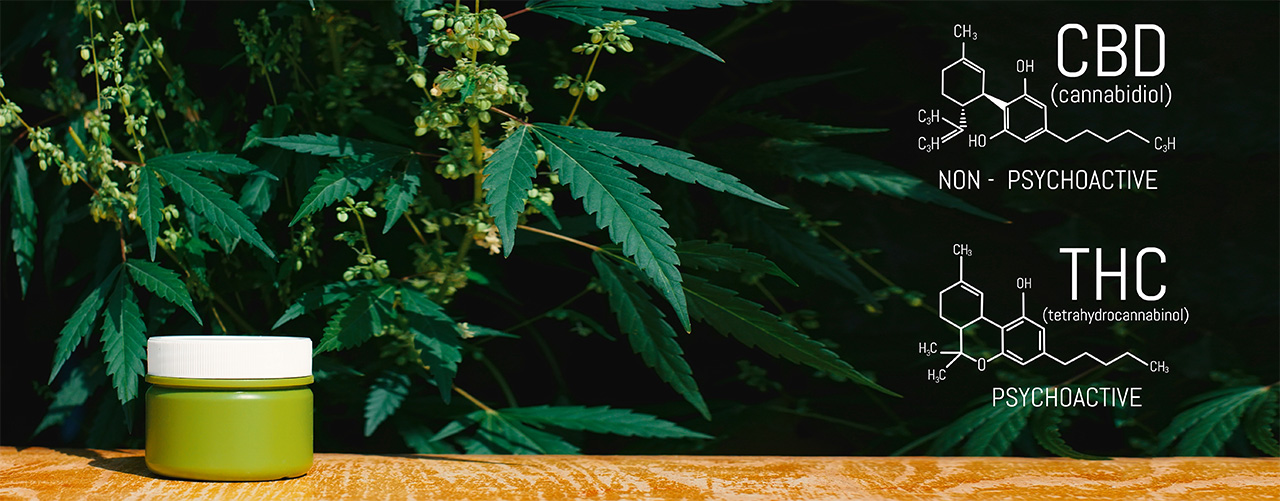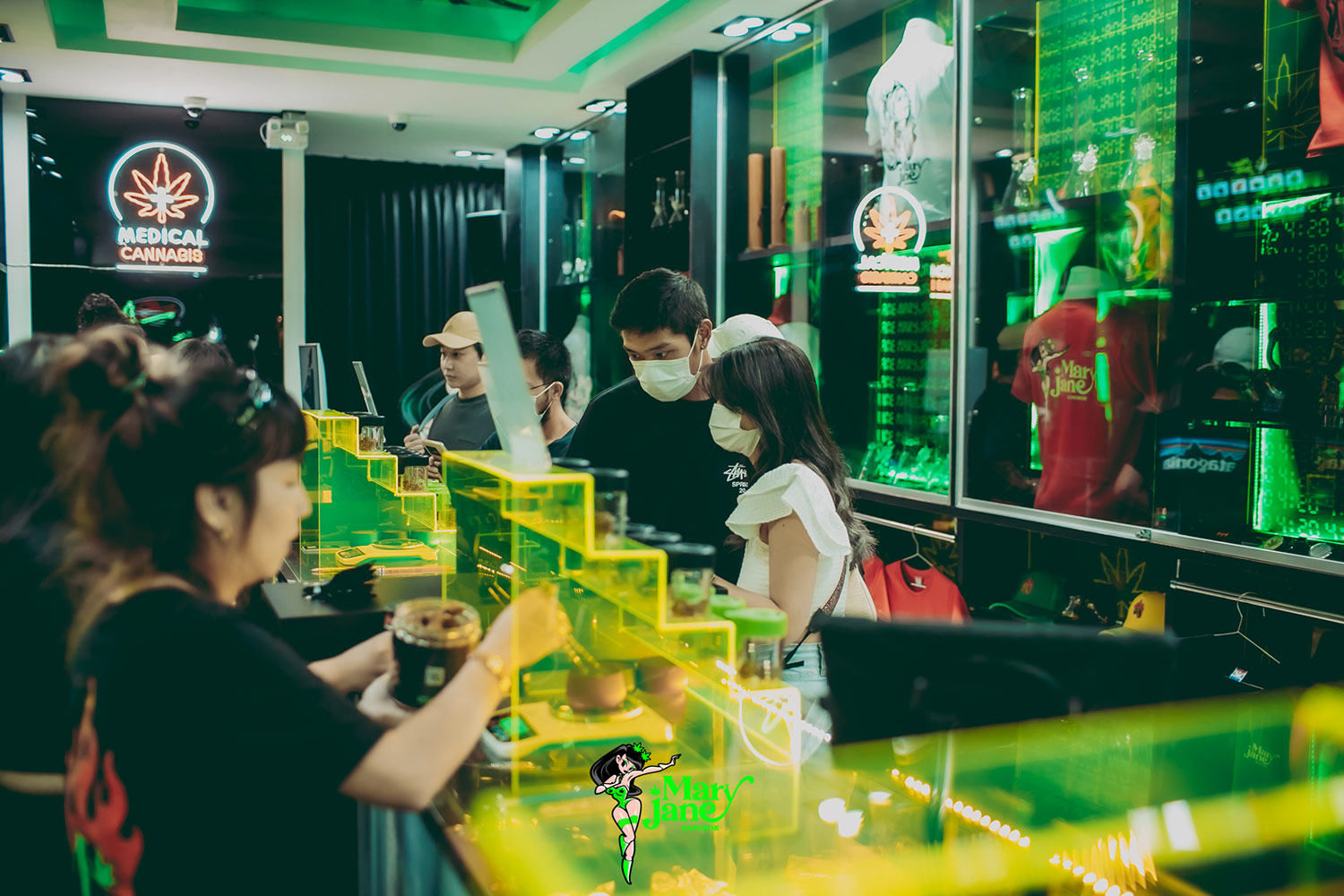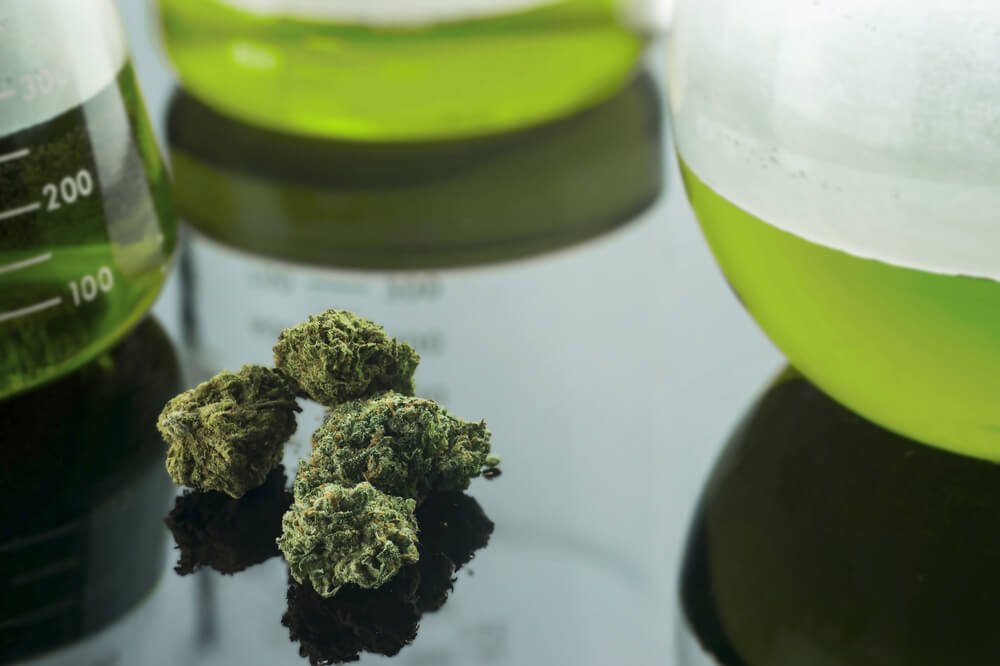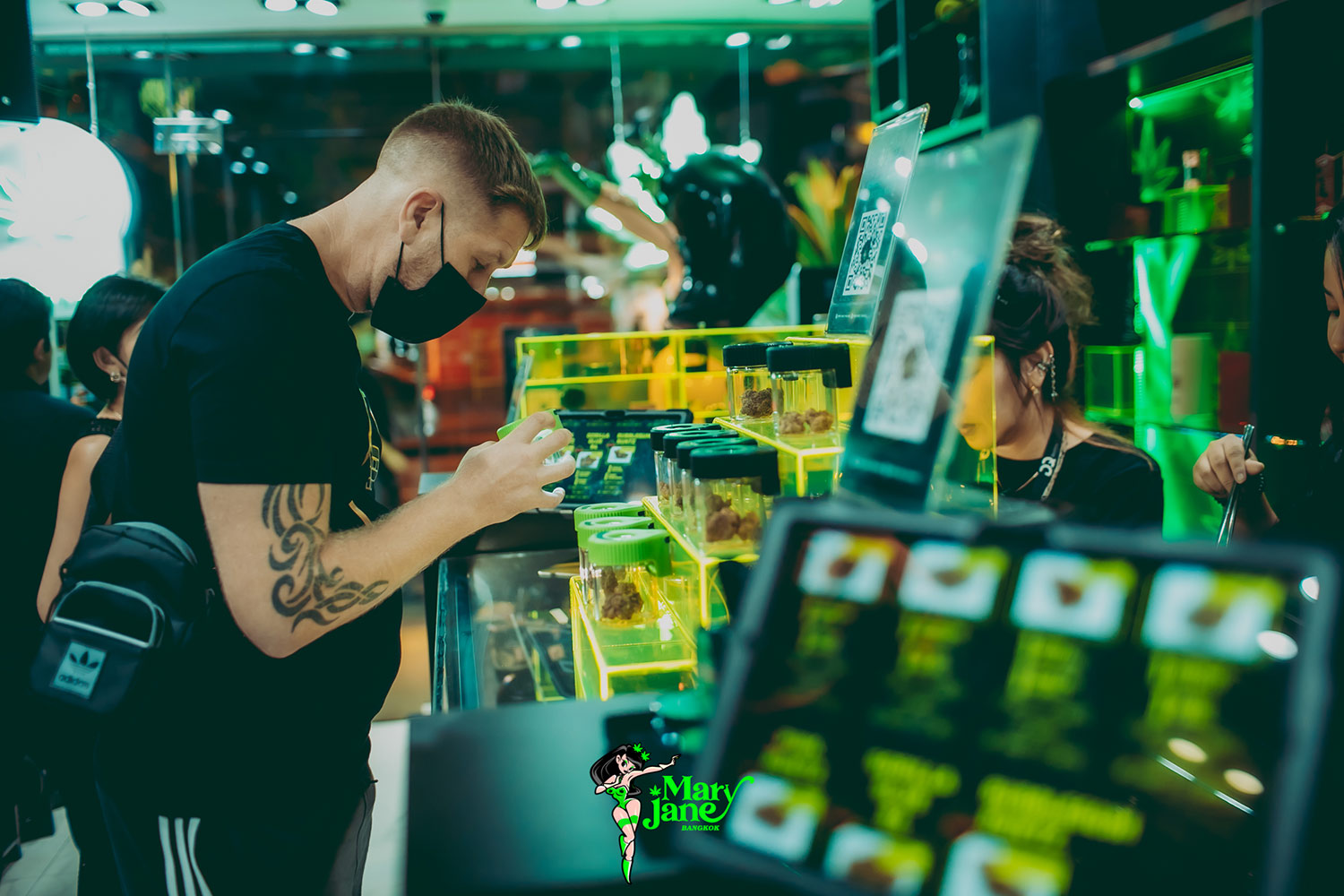CBD And THC…What’s The Difference?
Since the legalisation of Cannabis a couple of months ago, there are two three-letter acronyms that are being thrown around quite a lot. These acronyms are:
THC – Short for Tetrahydrocannabinol
CBD – Short for Cannabidiol
These are words that you may have heard even before the legalisation of Cannabis. But what do they mean? What do they do? How are they different from one another? Well, that’s what this post is all about.
What Are THC And CBD?
THC and CBD are Cannabinoids. In fact they are the two most common Cannabinoids in Cannabis products.
OK…So Question 2…What Is A Cannabinoid?
Cannabinoids are chemical compounds found in the Cannabis plant. Typically, Cannabis plants have over 100 compounds inside that can interact with your brain, although not all Cannabinoids do the same thing (more on that later).
So Basically, THC and CBD Are Compounds That Can Get You ‘High’?
Not exactly. Sure, they can create certain feelings of a ‘high’, but there is so much more to it than that. THC and CBD aren’t just ‘ingredients’ to get you feeling high like in the films, they both have legitimate medical benefits in their own way.
Fair Enough. So What Are Those Differences?
Let’s start with CBD:
Non-psychoactive:
The most important thing to remember about CBD is that CBD does not get you high. Granted, it can give you a sense of calm that can make you feel somewhat high, but that is purely a placebo effect.
Whereas THC binds on the CB1 and CB2 receptors, CBD does not. In fact; CBD actually inhibits THC’s ability to latch onto those receptors (Source: https://www.frontiersin.org/articles/10.3389/fphar.2018.01259/full). In other words, CBD can in fact reduce the psychoactive effects of THC.
Antioxidant
As you live your life and you get older, things tend to build up over time and little things that seemingly never bothered you at the time begin to start giving you minor issues, which can of course can then lead to more serious diseases like heart disease or some variations of cancer.
These things are known as free radicals, and your cells can be protected by them through antioxidants. Antioxidants are usually plentiful in vegetables with a high amount of vitamins C or E in them. For example:
- Asparagus
- Avocado
- Beetroot
- Broccoli
- Carrots
- Kale
- Potatoes
- Pumpkin
- Spinach
Interestingly though, a recent study in 2020 showed that CBD may very well act as a better antioxidant than both vitamins C and E. (Source:
https://midoselife.com/blog/2020/7/6/cbd-more-antioxidant-than-vitamin-c-and-e)
Anti-inflammatory
“CBD is non-psychoactive but exerts a number of beneficial pharmacological effects, including anti-inflammatory and antioxidant properties.”
Many people with debilitating illnesses such as arthritis, fibromyalgia and MS, have begun turning to CBD for day-to-day treatment to manage their symptoms thanks to its anti-inflammatory properties. When it comes to having such a crippling long-term illness, it can be tough to deal with the symptoms. Which is why more people are turning to CBD since it is an anti-inflammatory that doesn’t get you high.
Anti tumoural
As a colloquially accepted anticancer drug, CBD has been shown to induce cell death and inhibit tumour migration, as shown in the link below: https://www.ncbi.nlm.nih.gov/pmc/articles/PMC7693730/figure/cancers-12-03203-f005/
The study also highly recommended further clinical trials on this concept. Which could lead to an important medical breakthrough in the future. (Source: https://www.ncbi.nlm.nih.gov/pmc/articles/PMC7693730/)
Anti seizure
For people with certain forms of epilepsy, CBD has been known to be an effective treatment for them. Epilepsy as a whole can be very dangerous when untreated, but sadly for some people, they do not respond to traditional drugs used to treat the syndrome.
However in a 2015 study (Source: https://pubmed.ncbi.nlm.nih.gov/26724101/) that tested people who hadn’t responded well to traditional treatment, tests showed that over a 12 week period, the median reduction in motor seizures was 36.5% when they took CBD.
No side effects (for some people)
It is important to know that if THC is abused for an extensive period of time (and when I say ‘abused’, I mean taking far too much than medically necessary continuously) then it can cause mild feelings of anxiety and paranoia. Think of it like alcohol. If you drink a couple of bottles of vodka a day for a year, then there are going to be some long term effects. The same applies here.
If you use THC correctly though, then you should have nothing to worry about. View it as a medical product and do not overdo it for the sake of it on a daily basis, and you should be fine.
You don’t even need to factor this in if you only take CBD. The majority of people report no side effects with CBD on its own. This is one of the major differences of CBD, and why it is being used more and more for medical use.
THC
Relaxant
Many Cannabis plants – in particular indica or hybrid plants – act as a ‘downer’ that helps you feel much more tranquil for a few hours afterwards.
This is because of those receptors that we talked about earlier. In this instance, the CB2 receptors are linked to a person’s memory and emotions (among other things). This helps people maintain a sense of calm after ingesting THC.
Appetite stimulant
We’ve all heard of the famous munchies:
Drowsiness
While some strains of Cannabis are uppers, some are also downers, or a combination of the two.
Although not exclusively that way, THC from indica plants usually help people feel sleepy, which is a massive slice of good news for the thousands of people in Thailand that find it difficult to sleep.
This could be just the average person taking a gummy or two because of issues with drifting off in general, or getting a strong high from THC to help combat a more serious disorder like insomnia.
Analgesic
While the CB2 receptors help a person relax, the CB1 receptors cause THC to become an excellent analgesic – which is basically a fancy word for a pain reliever.
The CB1 receptors are located in the part of the brain that deals both pain sensation and inflammation. Which of course means that when THC interacts with the CB1 receptor, it provides the user with an effective pain relief.
Euphoria
As previously mentioned CBD is non-psychoactive, while THC is psychoactive.
This is essentially what gives you a high feeling, which can lead to spurts of euphoria while taking THC. These can be known as a giggly, bubbly or a happy high.
For some people, this is considered to be an extra bonus while using the plant since both CBD and THC share many medical benefits due to their similar molecular structure. For some people, that buzz helps them zone out from whichever medical ailment is distracting them, and helps you carry on with their lives in a much more content state.
To finish, I leave you with a Youtube video that talks about the differences between THC and CBD if you like extra information on the subject.
